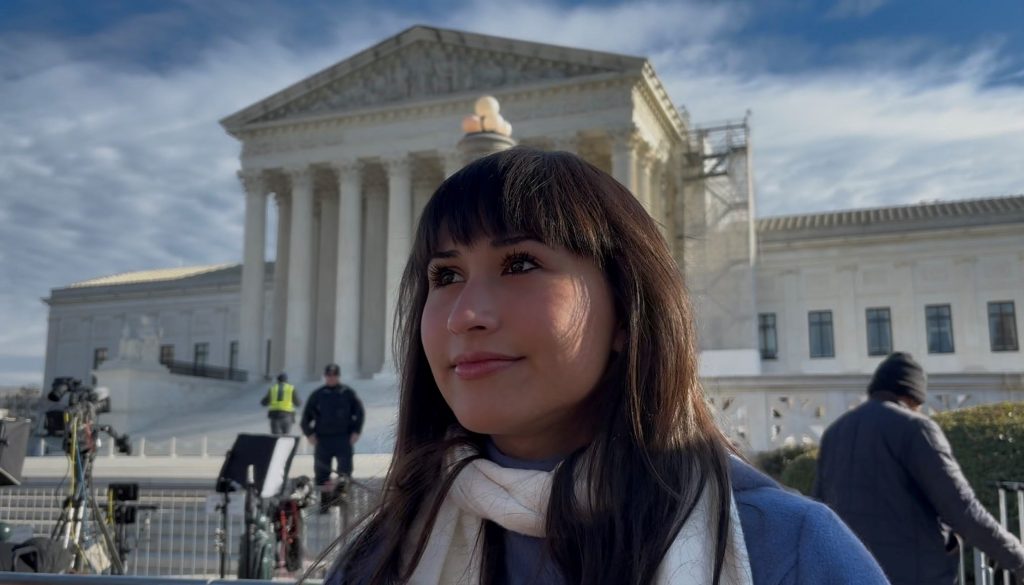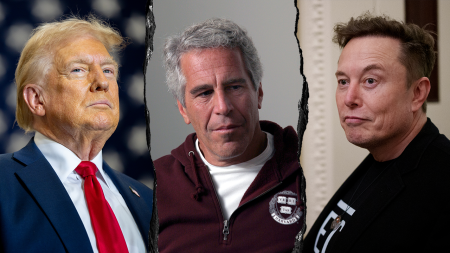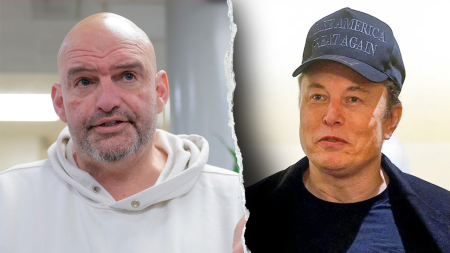The case of U.S. v. Skrmetti, currently before the Supreme Court, centers on a Tennessee law prohibiting sex-change treatments and surgeries for minors. This case has garnered significant attention, as its outcome is anticipated to establish a national precedent regarding the legality of such treatments for children. Detransitioners, individuals who have reversed their gender transition, have become prominent voices in this debate, emphasizing the potential long-term physical and psychological harms associated with these procedures. Chloe Cole, a prominent detransitioner and public speaker, testified to the importance of this case, highlighting its potential to influence legislation across the nation, safeguarding children from what she describes as an "identity crisis" plaguing her generation. Cole’s personal experience undergoing these procedures as a minor underscores the urgency of this legal battle.
Cole, who began transitioning at the age of 12, recounts the enduring physical and psychological repercussions she experiences, including pain, health issues, and the emotional toll of irreversible bodily alterations. Having undergone puberty blockers, testosterone injections, and a double mastectomy, she describes the treatments as having "permanently and irreversibly" affected her health. These procedures induced an artificial menopause, resulting in hot flashes and other distressing symptoms typically experienced by much older women. She further details the lasting impact of testosterone on her bone structure, vocal cords, facial hair growth, urinary tract, pelvic pain, and sexual function. These physical changes carry profound psychological implications, affecting her sense of self as a woman and her aspirations for marriage and motherhood.
Cole’s advocacy work stems from a desire to protect other children from undergoing the same experiences. She contests the narrative that sex-change treatments improve mental health and prevent suicide, arguing that they can exacerbate psychological issues and inflict lasting physical damage. She emphasizes the unknowns regarding the long-term effects of these treatments, particularly concerning fertility, highlighting the precarious position in which minors undergoing these procedures are placed. Cole believes children deserve the opportunity to grow up with their bodies intact, learning to love themselves as they were born.
The arguments against Tennessee’s law, primarily advanced by activists and attorneys, posit that sex-change treatments are beneficial for children experiencing gender dysphoria, alleviating mental distress and potentially preventing suicide. However, this perspective is actively challenged by detransitioners like Chloe Cole, who argue that these treatments can lead to profound physical and psychological harm. This disagreement underscores the complexity and sensitive nature of this issue, highlighting the need for thorough research and informed decision-making.
Cole’s testimony highlights the potential for unintended and lifelong consequences of these interventions during a crucial developmental period. Her personal struggle with the after-effects of these treatments serves as a stark reminder of the gravity of this debate and its impact on vulnerable young people. The Skrmetti case has thus become a focal point in the ongoing national conversation surrounding gender identity and medical interventions for minors.
The Supreme Court’s decision in U.S. v. Skrmetti will undoubtedly have far-reaching implications for the legal landscape surrounding transgender treatments for children nationwide. This case highlights the complex intersection of medical ethics, parental rights, and the well-being of minors experiencing gender dysphoria. The contrasting perspectives presented by advocates for and against these treatments underscore the need for nuanced and evidence-based approaches. The testimonies of detransitioners like Chloe Cole offer invaluable insights into the potential long-term consequences of these procedures and their lasting impact on individuals’ lives. The Supreme Court’s decision will ultimately shape the future of access to these treatments for minors and the legal frameworks governing their provision.










